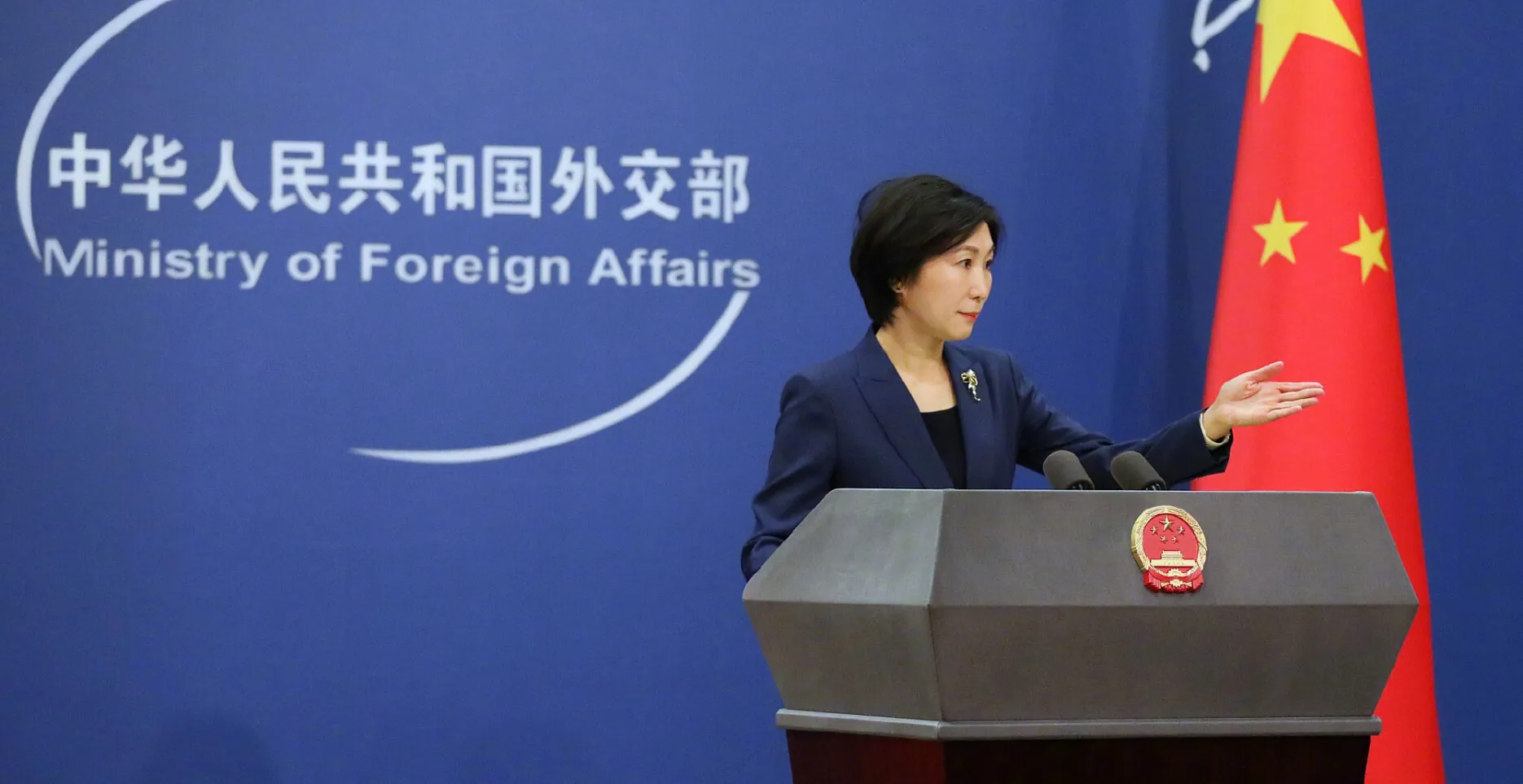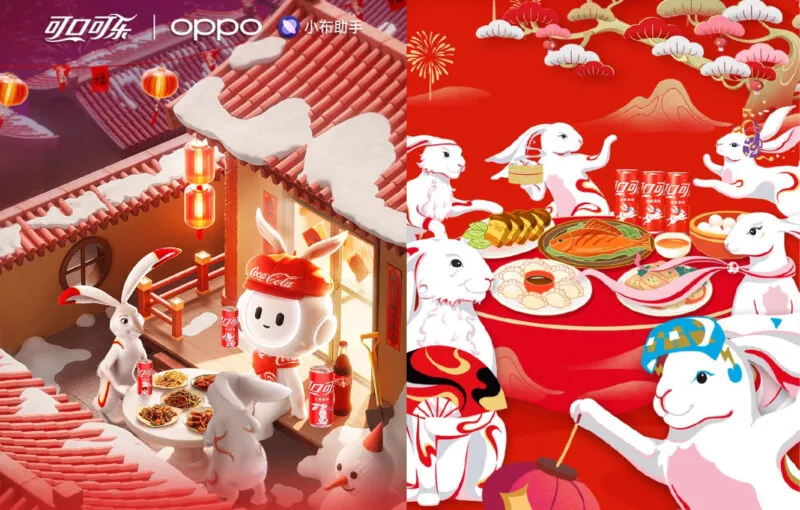After Joe Biden spoke of “winning the competition” against China in a speech, the Chinese government spoke out against this framing of the U.S.-China relationship.
On February 7th Biden delivered his State of the Union address, a speech given annually to Congress summarising key future issues for the administration as well as recent achievements. China featured prominently in the speech, with Biden highlighting his desire for the U.S. to unite under the goal of greater economic independence. The U.S government previously made clear its desire to directly compete against China with the CHIPS and Science Act, which was passed in August 2022.
In a press conference on February 8th, spokesperson for China’s Ministry of Foreign Affairs Mao Ning responded, “China does not evade nor is it scared of competition, but we oppose using competition to define the entire U.S.-China relationship.” Several hashtags appeared on Weibo in the wake of Mao Ning’s response, racking up close to 9 million views each. Some netizens called the assessment of Biden’s comments “too soft” and “too polite”, while many others offered generic patriotic slogans such as “Taiwan is China’s”, “safeguard the nation’s interests” or “support the one China principle”.
Mao Ning’s comments are in line with the Chinese Communist Party’s political principles of “peaceful coexistence and mutual benefit” and “win-win cooperation”, which have been prominent in speeches made by China’s political bigwigs over the last 15 years and remain a core rhetorical component of Xi Jinping’s New Era China.
The concept of “win-win cooperation” is intended to contrast with the U.S.’s hegemony, which is likewise framed as being constructed on a “win-lose” basis. China’s rhetorical offer of a “win-win” solution clearly relies on its economic might and the promise of financial benefit to cooperative nations, a status which has been recently threatened in the long-term by the CHIPS and Science Act.
The technological and economic arms race between the two powers is likely to be long-lasting. Awareness of China’s nation-branding strategy of “peaceful coexistence and mutual benefit” is key to understanding both perspectives of the debate and fostering cultural sensitivity in fast-changing times.









